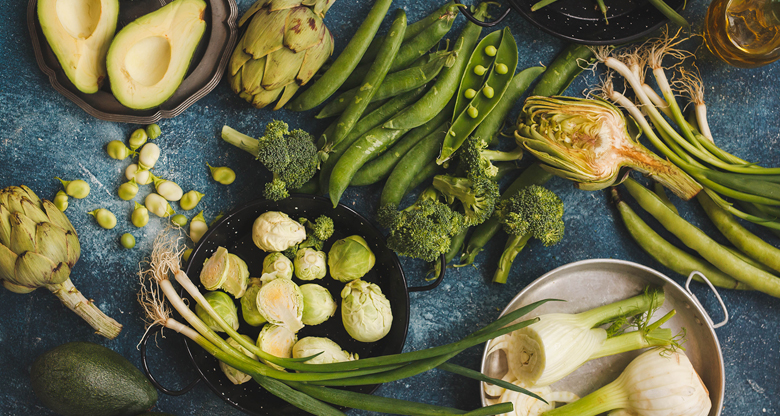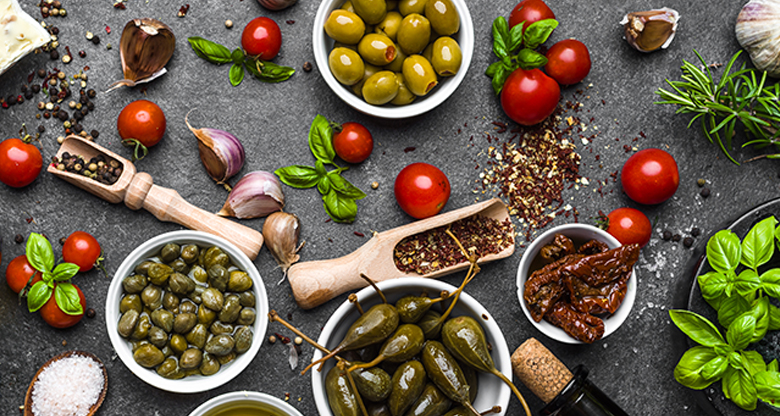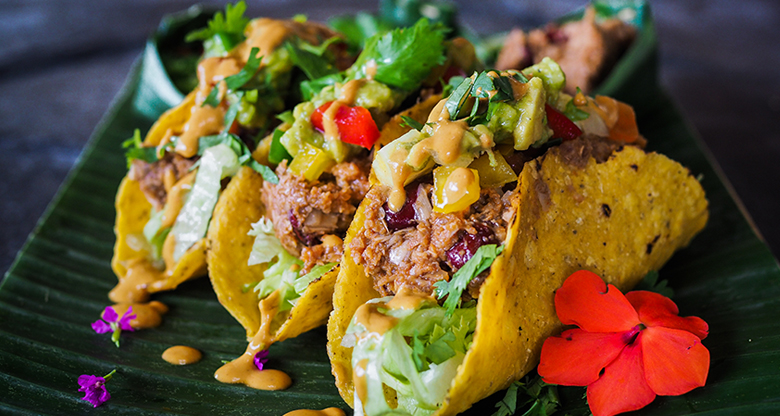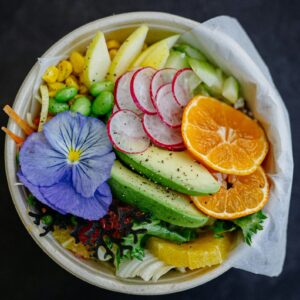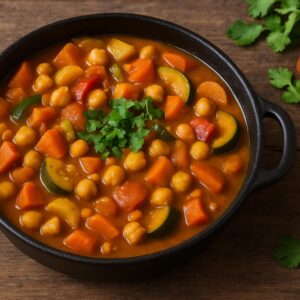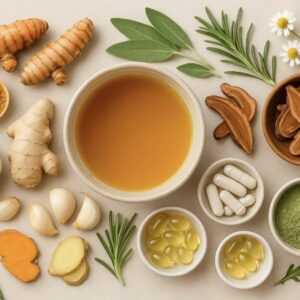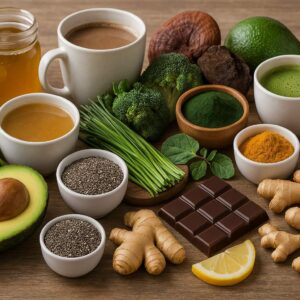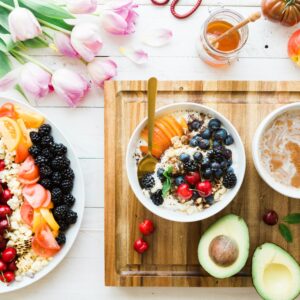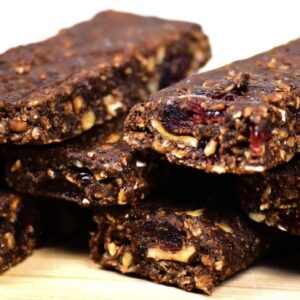You might have noticed recently an increase in products from food to beauty to household being promoted as “plant-based”.
But what exactly does plant-based mean, and what impact can a plant-based diet have on you and your health?
What Does Plant-Based Mean?
The term plant-based is essentially what it sounds like: a product that doesn’t include any animal byproducts in the production or packaging process. Plant-based items are compliant with a vegan or vegetarian diet, or any diet that is built primarily on the consumption of plant-oriented meals.
Plant-based products rely on natural compounds to provide nutritional benefits. Unlike meat products that can be treated with things like hormones or antibiotics, plant-based products are derived from food items grown in the ground without harmful additives. Plant-based food can include things like fruits and vegetables as well as nuts, grains, and legumes.
What Is a Plant-Based Diet?
A plant-based diet refers to any diet that relies heavily on plants as a food source. For most people, a plant-based diet takes the form of a vegetarian or vegan diet, but not always.
There are some common misconceptions surrounding the premise of a plant-based diet, including an assumption that plant-based and vegan are synonymous. This isn’t necessarily true. Someone who follows a plant-based diet will likely eat plants predominantly, but this doesn’t mean other food sources are forbidden. It is perfectly acceptable to eat meat and dairy while following a plant-based diet, so long as these items are in the minority. Someone who follows vegan or vegetarian restrictions may eat a primarily plant-based diet out of necessity, but this isn’t required.
The Benefits of a Plant-Based Diet
Plant-based diets have a lot to offer those who are interested. Take, for example, a Mediterranean diet. Many cultures in this part of the world rely first and foremost on plant-based dishes with periodic supplementationrom fish, poultry, eggs, and cheese. This kind of diet has been shown in many clinical studies to offer significant health benefits, including:
- Reduced risk of heart disease
- Lower likelihood of diabetes
- Management of metabolic syndrome
- Reduced risk of certain forms of cancers, including colon, prostate, and breast cancer
- Improvement in depression symptoms
- Better physical and mental function
While lifestyle in general makes a difference in terms of how a plant-based diet can benefit the body, a well-rounded approach to nutrition is always essential for good health.
Some people believe that it’s impossible to get the nutrients needed by eating a diet heavy in plants, but this isn’t the case. Virtually all vital vitamins and minerals are available through plant-based products. In addition, as a plant-based diet doesn’t mean an absence of all meat, poultry, and dairy, it’s very easy for most plant-based eaters to tick all nutritional boxes.
How to Maintain a Plant-Based Diet
For those used to eating a substantial amount of red meat, the idea of eating primarily plants may seem uncomfortable. However, a small change in attitude and perception can make it far easier to pivot from a meat-focused approach to one based on plant intake.
- Start slow: Moving from all meat to mostly plants can feel like culture shock and make a successful transition less likely. Instead, start slowly. Phase out meat in phases. For example, instead of making spaghetti bolognese with ground beef, make a traditional marinara sauce instead. This provides a similar flavor palate while effectively eliminating meat products.
- Change dish perceptions: Most heavy meat eaters see meat as a main dish while vegetables are sides. In order to succeed with with a plant-based diet, meat needs to be an afterthought versus the core of the meal. Next time you’re planning a meal with poultry, consider serving a small portion, like a chicken thigh rather than chicken breast, in addition to grain and vegetable dishes.
- Embrace salads: Salads don’t have to be a side dish. Instead of thinking of a salad as a complement to a meal, make it your main dish. There are lots of ways to top a salad that can make simple greens into a satisfying meal that tastes great. You could add nuts and seeds, berries,as many raw or roasted vegetables as you like, tinned lentils or chickpeas for protein, even cooked rice or quinoa… the list goes on. The right dressing helps, too; something with fruity undertones, for example, can dress up any kind of salad green.
- Use fruits for sweetness: Fruits have a lot of natural sugars so they are the perfect way to add natural sweetness to a dish or end a meal on a high note. Fruits can easily be substituted for common desserts to satisfy a sugar craving without succumbing to things like cheesecake or ice cream. Roasted pears or frozen blueberries, for example, can be a delicious way to complete a dinner.
From conscious consumers to health-oriented meal planners, the plant-based lifestyle has become popular for its many health and environmental benefits. The explosion of delicious plant-based foods available and innovative plant-based recipes are also making it easier to forget you are eating less meat!

